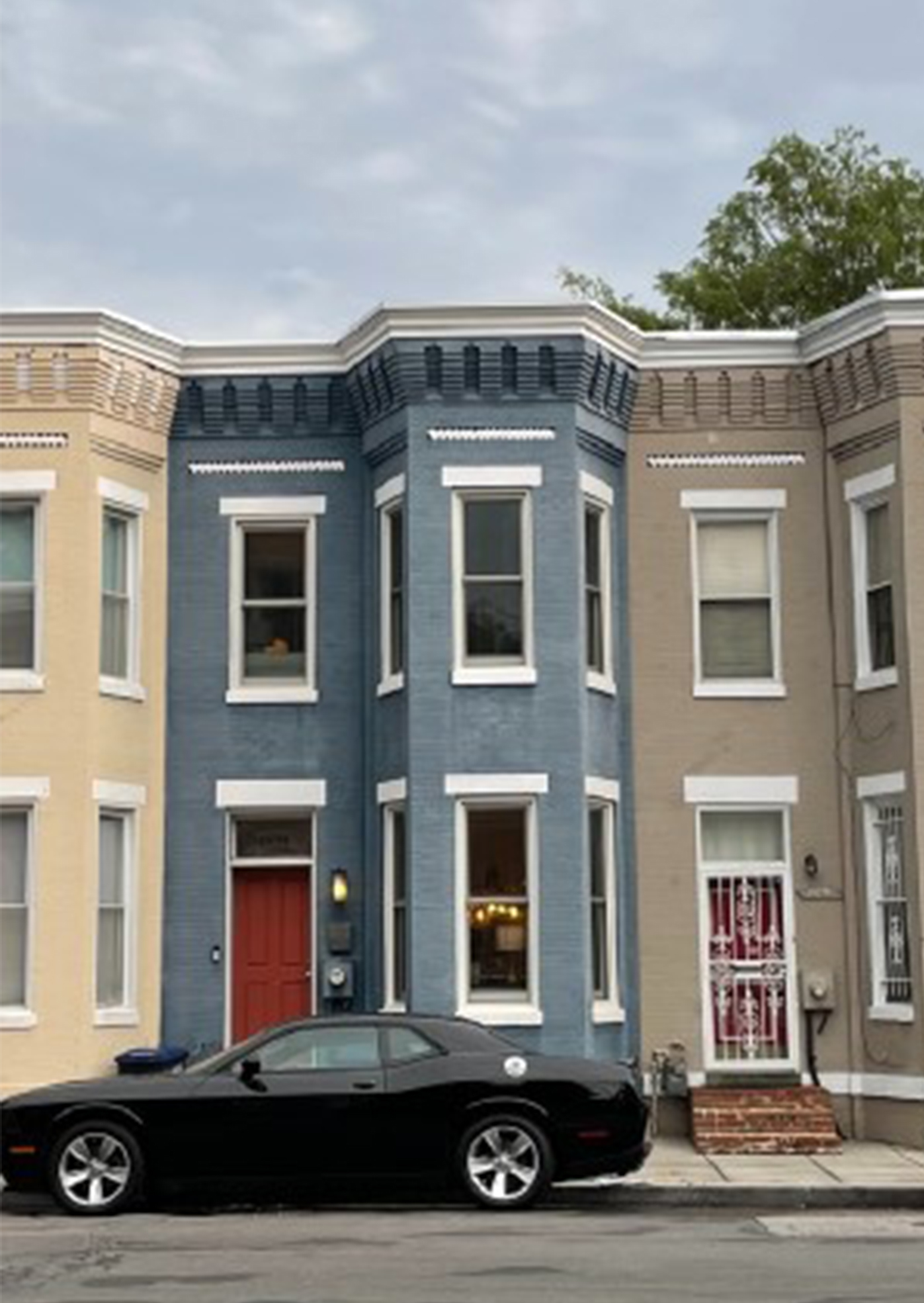Condo Conversion Fees in the District of Columbia
Converting a property into condominiums in the District of Columbia involves a series of fees and requirements across multiple stages and departments. This guide provides a detailed breakdown of these cost.
DC Filing Fees
Step 1: Eligibility to Convert Application
- $100 per unit for the Eligibility to Convert application OR $100 per unit for the Tenant Election Certification Fee for occupied properties OR $800 total, whichever amount is greater (Fee paid to DHCD)
Step 2: Public Offering Statement Application
- $100.00 per residential condo unit and $100.00 per parking unit for the Public Offering Statement Application (Fee paid to DHCD)
Step 3: Document Recording Fees
- District of Columbia Office of the Surveyor’s Fees
- Condo Plat Recording Fees
- 390.00 - Plats and plans recording
- $20.00 - Initial recordation (in addition to recording)
- $195.00 - Amended Plats and/or plan recording
- $20.00 - Each amended sheet
- $100.00 - Cancellation of Private Surveyor’s recorded Condo
Third-Party Professional Fees
The following fees are typical for a construction project in the District of Columbia and should be included when preparing the budget for the project:
- Architect's Report - approximately $500.00 for a 2-unit condo project. This report becomes part of the Public Offering Statement and typically included in the
architect’s cost for preparing the plans required to obtain the necessary
condominium permits and approvals.
- Surveyor Engineer's Plat and Plan Survey - approximately $1,200 for a 2-unit
condo project. This survey must be completed by a DC-licensed surveyor; List of
Surveyor’s available through the Office of the Surveyor.
Standard Legal Group Service Fee
The attorneys at Standard Legal Group have decades of experience in the area of
condominium conversions. This ensures that every set of condo docs complies with all
legal and regulatory requirements. Our years of experience also allow us to obtain final
approval in an expedited time frame, often in as little as 3 months. Our services
encompass project management, condominium document processing, and expediting,
providing a seamless and efficient experience for property owners and developers.
The Service Fee for this service is:
- $10,000.00 – Condo Projects of 4 or fewer units
- $14,000.00 – Condo Projects of 5 – 8 units
- Buildings over 8 units – Please contact SLG to discuss the details of the project and the associated Service Fee.
Payment Options
Standard Legal Group offers two flexible payment structures for your condo conversion
project:
Option 1 - Split Payment
- 50% due at project initiation
- Remaining 50% due within 60 days of receiving the Condominium Registration Order
Option 2 - Single Payment
- Full payment upfront
- $1,000.00 discount applied
- Service begins immediately
Choose the option that best fits your financial needs. Contact us to get started with your
preferred payment plan.
Contact us for a comprehensive quote tailored to your condo conversion project. Our
team can help ensure compliance with all requirements while managing costs effectively.


